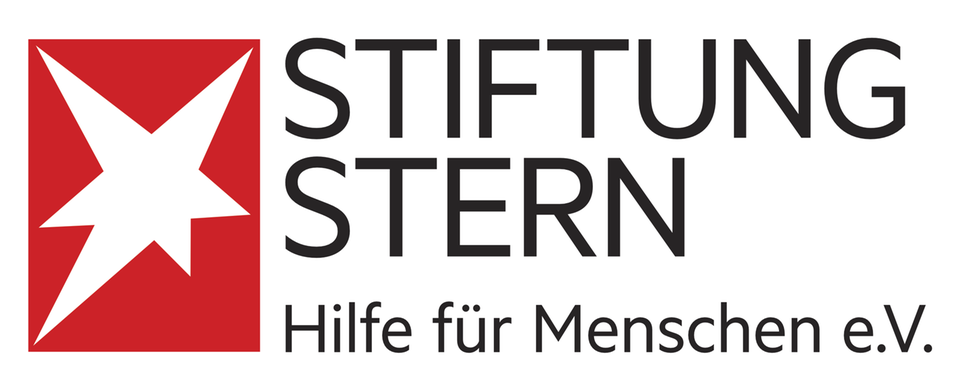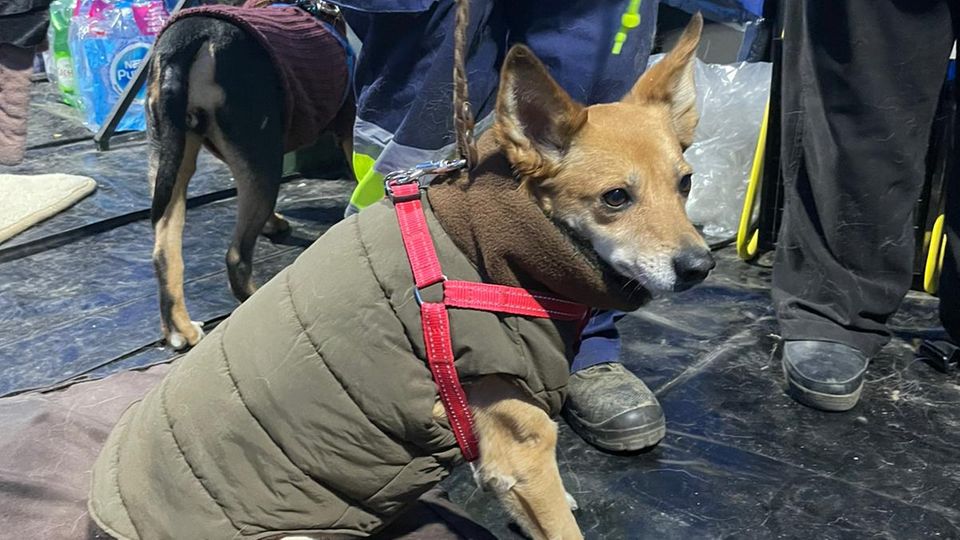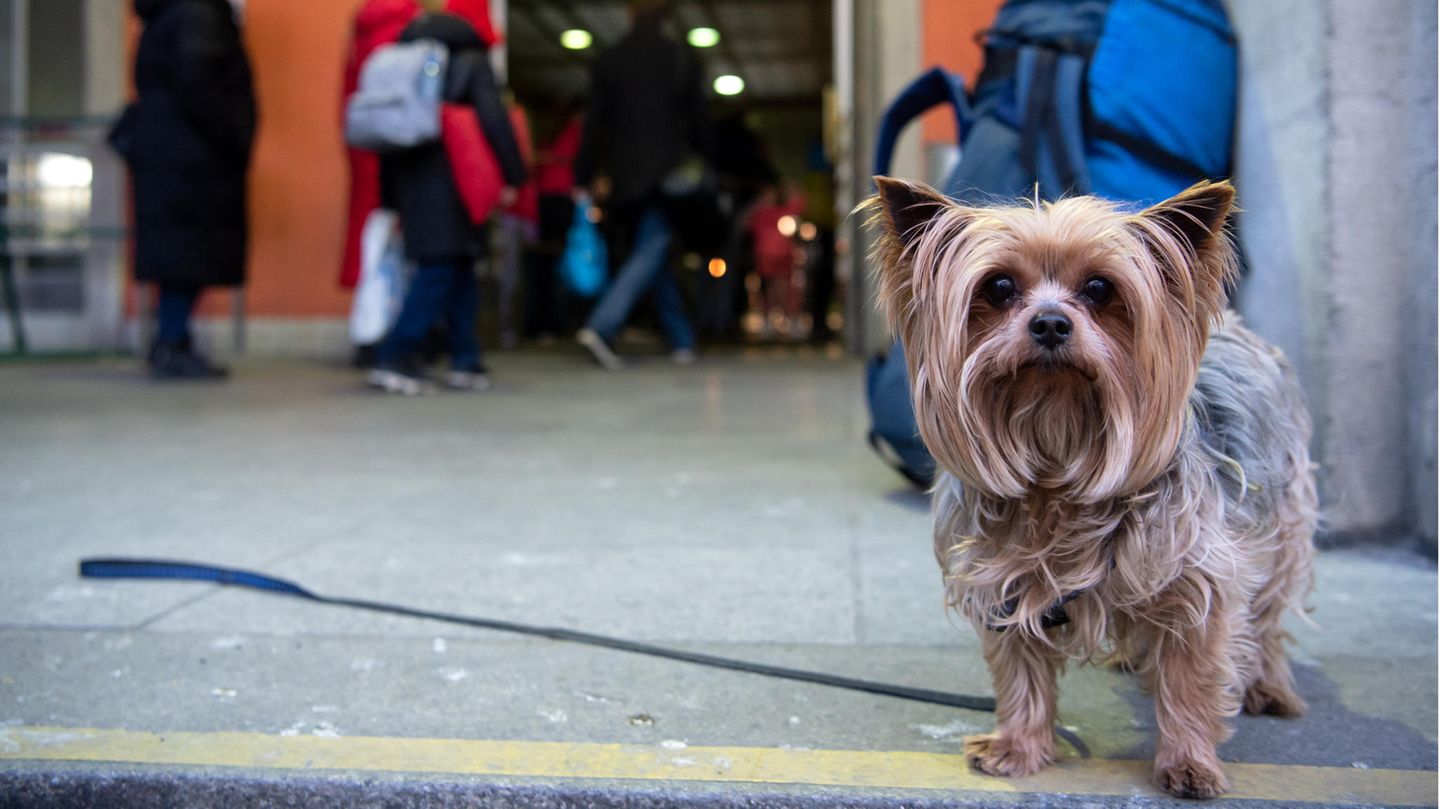You have escaped the horrors of war. But the animals that made it with their owners from Ukraine have a long way to go.
The dog barks excitedly, his eyes darting from left to right. He doesn’t know where he is and what’s going on around him. Together with his mistress, the dachshund is standing in front of a collection point for refugees from Ukraine in Munich. The rush is great. Children are running around, adults are chatting, holding coffee mugs in their hands. At her feet: the confused animal.
Scenes like this have been happening all over Germany in the past few days. Because among the nearly 200,000 refugees from the war zone, their pets keep mingling. It is far from clear that humans and animals are allowed to stay together in the reception centers. “In the refugee shelters, reasons such as epidemic and hygiene protection are used as arguments,” says the German Animal Welfare Association star-Request with. The problem: In contrast to Germany, rabies has not been eradicated in the Ukraine. However, the StiKO Vet points out that the probability that an unvaccinated animal is infected upon entry is 1:300,000. It is even less likely in vaccinated animals. Nonetheless, a press release dated March 1 states: “Entrants are then asked to contact the local veterinary authority to determine the health status of the animal with regard to rabies and to take any necessary action (e.g. the issuance a pet passport, microchipping, a rabies vaccination, an antibody titer determination or, if necessary, isolation of the animal).

Ukrainians with animals on the run are given first aid in a border camp

But first aid doesn’t just wait in Germany. The Animal Welfare Association has set up a camp on the Polish-Ukrainian border between Przemyśl and Shehyni. It is intended to act as the “first point of contact for pet owners with their animals” behind the border. There the four-legged friends are provided with water, food, warming insulating blankets, leashes and transport boxes. Then the onward journey can be started. According to the association, around 250 animals were taken care of in the first five days since the camp was set up. The animal rights activists sometimes work late into the night, because nobody knows when the next refugees will arrive with their pets. “The Federal Association of German Animal Rescue Services, with whom we help at the Polish-Ukrainian border, estimates that around every 12th refugee has an animal with them. We know from Polish official veterinarians at the train station in Przemyśl near our camp that with the trains full of refugees, around a thousand animals arrive there every day,” says the
If people come to Germany with their animals without stopping at the camp, they have experienced martyrdom. “The animals are often dehydrated or hypothermic due to the freezing temperatures,” reports the German Animal Welfare Association. It is additional stress when the owner and furry friend have to separate. For this reason, Nancy Faeser’s Ministry of the Interior and Homeland has promised the association president in writing that they will point out the common whereabouts of humans and animals in talks with states and municipalities. The press spokesman for the city of Munich assured on request that this was possible in the city accommodation.
Help for animal shelters in Germany and center in Odessa
If it is still not possible to accommodate them together, the dogs and cats will be taken to the local animal shelters. A spokeswoman for the Munich animal shelter emphasizes that the willingness of the citizens to help is currently greater than the need for help. Accordingly, only three dogs had to be admitted by mid-March. But after a few days, their owners were able to pick them up again because they found accommodation with animal husbandry. But the situation could worsen in the coming days and weeks. “We expect that the animal shelters will still have to deal with a lot that they probably cannot shoulder alone,” says the German Animal Welfare Association. If you would like to help, please ask. In this way, help can be provided where it is most needed.
The help is not only needed in German animal shelters and in the camp on the Polish-Ukrainian border, but also in the partner animal shelter in Odessa. While the employees were still determined to stay in Ukraine by the beginning of the week, 44 dogs and 15 cats have now been evacuated. Local animal rights activists take care of street dogs and abandoned animals. A press release states that there is still enough food available at the moment. The rescued animals were taken to an animal shelter in Romania. The further distribution should be coordinated from there.
Source: Stern
David William is a talented author who has made a name for himself in the world of writing. He is a professional author who writes on a wide range of topics, from general interest to opinion news. David is currently working as a writer at 24 hours worlds where he brings his unique perspective and in-depth research to his articles, making them both informative and engaging.




